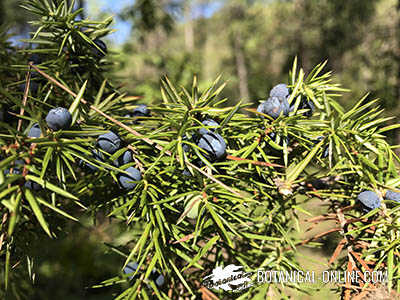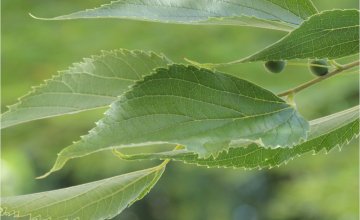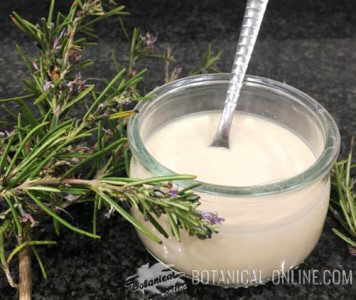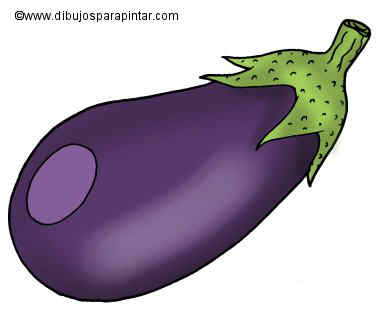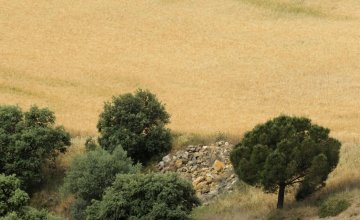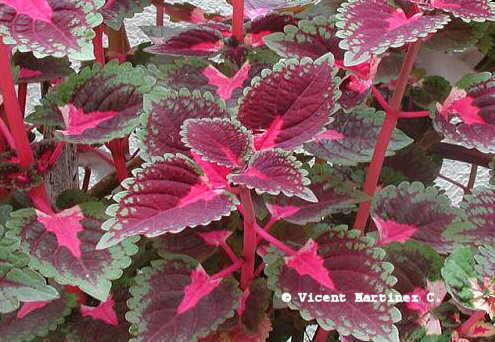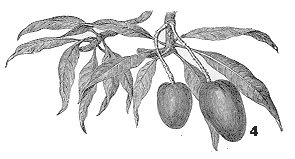Contents
Herbal remedies to stop vomiting and nausea
Phytotherapy. Medicinal plants preparations to prevent vomiting and nausea
The phytotherapy against vomiting and nausea implies using some plant preparations that can accomplish the following purposes:
- Anti emetic plants; plants with demulcent or soothing properties able to diminish or stop vomiting.
- Digestive plants, very useful to favor digestion
- Anti-spasmodic plants, able to treat stomach spasms.
- Sedative plants, specially those able to stop the influence of nerves on the stomach.
Medicinal remedies for vomiting and nausea
Among all the possible plants, the most important ones are the following:
- Chamomile, (Matricaria chamomilla) Chamomile presents digestive, hepatic, biliary, antispasmodic and carminative properties. Because of its condition of protector and repairer of the gastric membrane it is very suitable in all those affections in which it is affected some organ of the digestive tract. (Infusion of a spoonful of dry flowers per cup of water. Drink 2 or 3 cups per day)
- Peppermint (Mentha piperita) Most anti-spasmodic properties of this plant are conferred by its terpenes, rosmarinic acid, carvacrol, limonene and cineole. Menthol has soothing properties and has traditionally been seen as a good antiemetic. In addition to preventing vomiting after large meals, it prevents spasms and increases production of bile juices and therefore generally it offers an easier digestion. As with chamomile, it is advised not to take higher doses that the therapeutic recommended ones. Larger doses or too long treatments can produce opposite effect, leading to stomach irritation. (Infusion of a spoonful of dried plant per cup of water. Take a couple of cups a day.)
- Nutmeg (Myristica fragrans) This spice has been used to treat vomiting (Take one capsule sold in herbal stores)
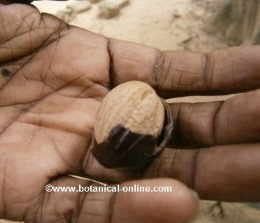
- Cinnamon (Cinnamomum zeylanicum) Camphor provides cinnamon with antiemetic properties, ideal for the treatment of nausea or vomits. (¼ of a teaspoon of dust cinnamon, sold in pharmacies or herbalists, before meals on a wafer or mixed with honey)
- Violet: (Viola odorata) Violet can be used for combat vomiting (antiemetic) or to to induce vomit, as emetic). In the first case, we take advantage of the demulcent properties of the mucilages. Saponins, on the contrary, are responsible to cause vomiting when the plant preparations are taken in higher quantities.
(Used to induce vomiting, we will make a decoction for 10 minutes of a tablespoon of crushed dried root per cup of water. Once it has boiled all this time, what will approximately evaporate half of water content we will add one tablespoon of sugar. It must be drank little by little with a teaspoon while hot)
(To avoid vomiting, we’ll make a decoction of a teaspoon of dried flowers per cup of water for about 3 minutes. We will take a couple of cups a day to settle the stomach and remove vomit.)
- Lemon (Citrus limonum) It can help combat flatulence or vomiting caused by poor digestion (Take small sips of half a lemon juice diluted in a glass of water after meals)
- Sage (Salvia officinalis) Against difficult digestions, gastritis, heartburn, diarrhea and vomits it is a good remedy to drink tree cups a day of the infusion of 15 g. of dry leaves per liter of water.
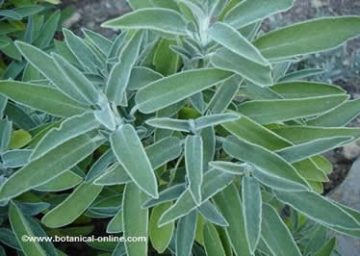
- Basil (Ocymum basilicum) When feeling the need of vomiting or in cases of intestine unrest (Infusion of 15 g. of dry leaves per liter of water. 2 cups a day) (Infusion of a handful of fresh leaves. 2 cups a day)
- Iceland moss (Cetraria islandica) This lichen is a good antiemetic. The demulcent properties of Iceland moss are ideal to soothe the stomach and stop vomiting. (Infusion of 5 teaspoons of dried plant per liter of water for fifteen minutes. Take 3 cups a day(Infusion of 5 teaspoons of dried plant per liter of water for fifteen minutes. Take 3 cups a day)
- Blueberry (Vaccinium) (Decoction of 30 gr of fruits per liter of water. Take three cups daily) This preparation helps to decrease diarrhea and intestinal spasms, and reduces vomiting.
- Clove (Syzygium aromaticum) Clove has been one of the most used resources in traditional Indian medicine to treat vomiting and dizziness, including travel sickness. (A couple of drops of oil of cloves dissolved in a glass of water, sweetened with honey, half an hour before eating or before taking a trip)
- American ginseng (Panax quinquefolium) it eases digestion, increases appetite and prevents vomiting. (More information about contraindications and toxicity in the general study of the plant)
- Mango (Mangifera indica)Very suitable for stomach problems caused by nerves in the stomach, such as vomiting, indigestion, flatulence, chronic constipation, cramps, etc.., Ingestion of mango juice helps to soothe the stomach and prevent these reactions.
Remedies to avoid vomiting because of an anxiety attack or nervousness
- Melissa: (Melissa officinalis) Its antispasmodic function must is not only limited to the level of musculature of the external members. Internally, the sedative properties of this plant may be useful to calm the spasms of the digestive system by acting on the musculature of their organs. Vomiting as a result of nerves in the stomach can be minimized with the use of this plant (Infusion of a tablespoon of dry leaves per cup of water for 15 minutes. 3 or 4 glasses a day between meals)
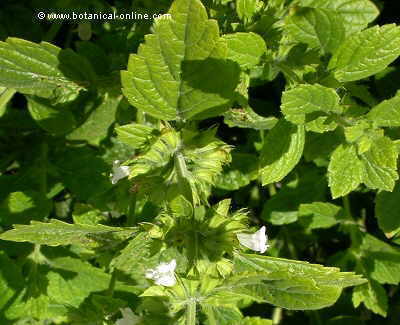
Melissa leaves and flowers
Avoid nausea and vomiting during traveling
- Ginger (Zingiber officinale) is especially suitable for dizziness and vomiting in travel, although this is not its only antivomiting property (See complete information in the study of this plant)
![]() More information about vomiting natural treatment.
More information about vomiting natural treatment.

